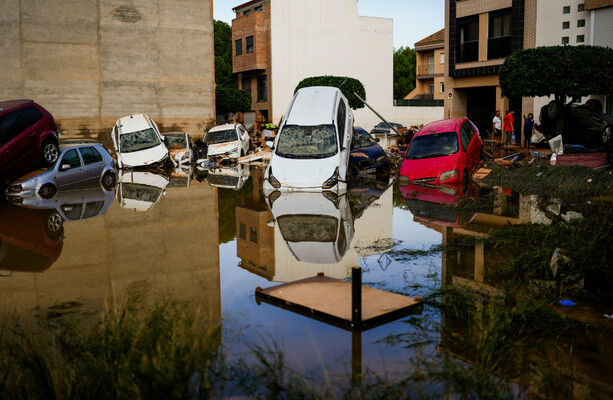Headline:
Israeli Strikes Renew Tensions as Lebanese PM Declares Ceasefire Rejection
Opening Paragraph:
The escalating conflict in the region has driven tens of thousands of civilians from their homes in Lebanon as Israeli airstrikes intensify. The Lebanese Prime Minister’s condemnation of these attacks reflects a rejection of a ceasefire that many had hoped would restore peace. As Israeli jets bomb major cities, including the historic site of Baalbek, the human toll continues to rise, with over 95 reported fatalities across Gaza and at least eight in Lebanon itself.
Current Situation
In a grave escalation of military action, Israeli fighter jets conducted airstrikes across Lebanon on [insert relevant date], targeting both urban centers and rural areas. These bombings follow a period of heightened tensions in the region, culminating in the declaration by Lebanese Prime Minister Najib Mikati, who characterized the airstrikes as a clear rejection of ceasefire negotiations.
The strikes primarily affected eastern and southern Lebanon and have left a devastating impact on civilian life:
- Casualty Reports: Reports indicate at least eight casualties in Lebanon alone due to the bombings. Various news outlets, including Al Jazeera and Sky News, have detailed the loss of life resulting from these attacks, further contributing to the war’s tragic toll.
- Mass Displacement: The UN and local agencies report that tens of thousands of Lebanese citizens have been forced to flee their homes due to the bombings, raising humanitarian concerns.
Context and Background
The conflict is rooted in long-standing historical animosities and territorial disputes in the region. Increased hostilities were noted in recent weeks, coinciding with significant developments in Gaza, where the humanitarian crisis has exacerbated tensions both regionally and internationally.
Lebanese Prime Minister Mikati noted, “The airstrikes clearly demonstrate a lack of willingness to engage in dialogue,” emphasizing the need for diplomatic discussions to ensure peace and stability in the region. His remarks resonate with fears that without substantial international mediation, the cycle of violence could further destabilize Lebanon and its borders.
Humanitarian Impact
The humanitarian implications of the ongoing conflict are significant. With the rise in civilian casualties, various NGOs and aid organizations have ramped up efforts to provide relief. However, the continuous airstrikes create major logistical challenges for delivering assistance.
- Healthcare Strain: Hospitals are overwhelmed, with many facilities struggling to accommodate the influx of casualties.
- Living Conditions: Displaced families are facing an uphill battle, often finding shelter in crowded public spaces.
Lebanon, which is already reeling from economic collapse and political instability, may face a new wave of challenges if the current trajectory of violence persists.
International Response
The international community’s response has been muted, with calls from various nations advocating for a ceasefire. However, the complexity of the geopolitical landscape dampens prospects for immediate relief. Major powers such as the United States and Russia have expressed the need for dialogue, while regional players remain engaged in their strategic interests.
Experts suggest that “An urgent diplomatic resolution is needed to avert a full-scale humanitarian disaster.” This sentiment is echoed across multiple platforms, indicating a shared concern among numerous stakeholders about the futility of continued military engagement.
Looking Ahead
As the situation evolves, it remains critical to monitor how these ongoing hostilities will influence regional stability and the humanitarian landscape. The prospect of achieving peace is contingent not only on de-escalation between Israel and Lebanon but also on broader geopolitical alignments.
For readers seeking more in-depth analysis, we have extensive coverage regarding the impacts of prior conflicts on Lebanon’s political landscape and the humanitarian crises resulting from military conflicts on our website.
Call to Action
As this situation continues to develop, we encourage you to stay informed and share your thoughts. How do you believe the international community should respond to the current crisis? Engage with us in the comments section below.
Image and Multimedia Tags:
<img src="path_to_image.jpg" alt="Israeli airstrikes in Lebanon">In summary, the conflict presents numerous complexities that ensure it remains a focal point of international discourse. Please check back for updates as this story unfolds.

